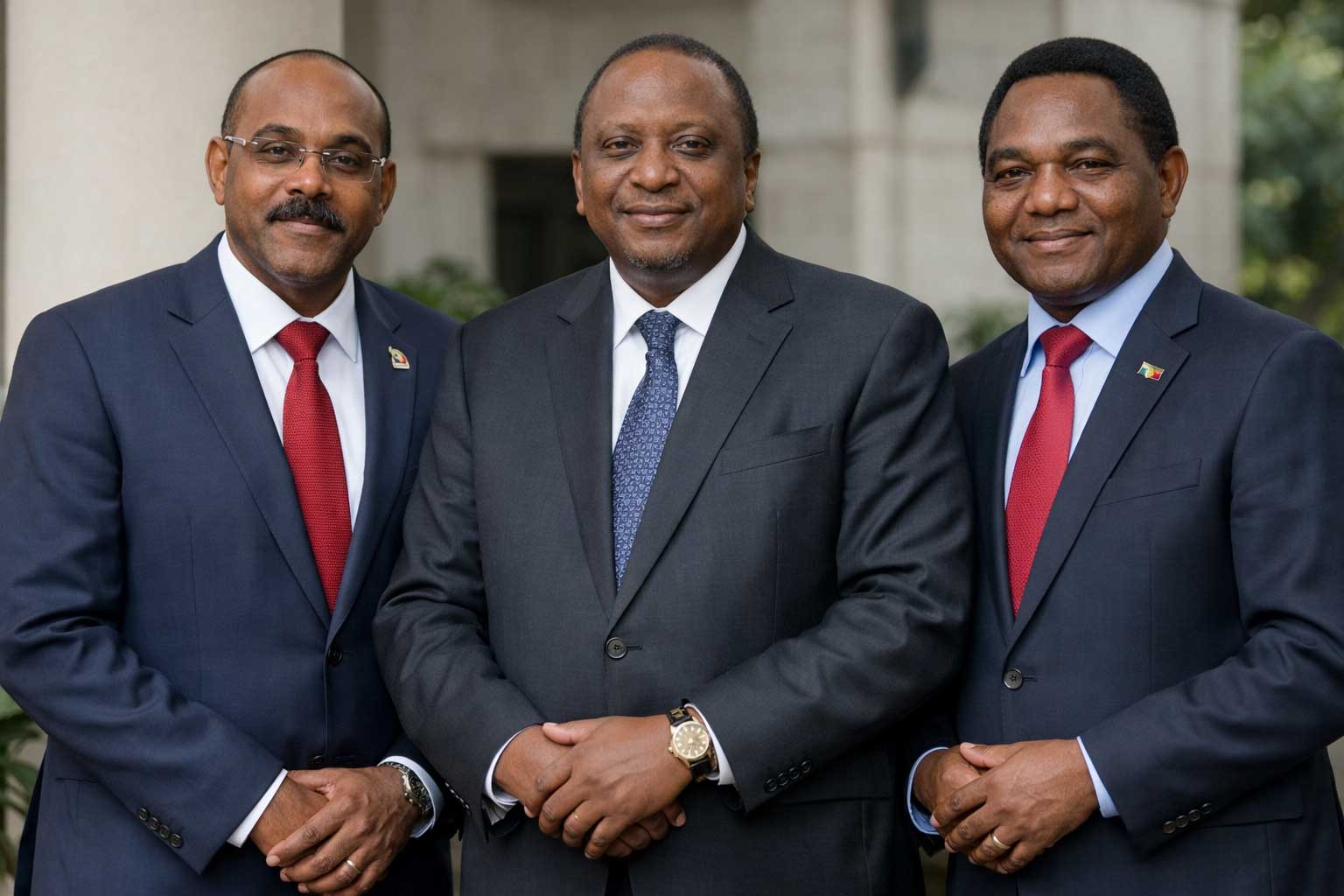If you want to go fast, go alone - if you want to go far, go together, Dame Sarah Mullally stated in her inaugural address as Archbishop of Canterbury designate.
Despite this progressive milestone, her selection as the spiritual leader of the Church of England and the worldwide Anglican Communion corresponds with rising discontent among conservative factions within the church. The Global Fellowship of Confessing Anglicans (Gafcon) expressed sorrow over the decision, indicating a deepening divide between conservative and liberal perspectives.
Conversely, the Church of Southern Africa embraced the choice as historic, underscoring its significance within the broader Anglican community.
Known colloquially as The Mother Church, the Church of England has shifted toward liberalization on various issues, contrasting sharply with the conservative stance prevalent among many Anglican communities, especially in Africa.
Prominent issues causing friction within the Anglican Communion include the ordination of women bishops and the acceptance of same-sex relationships—both of which have seen substantial contention.
The appointment of Mullally draws specific criticism from Gafcon, which advocates for a male-only episcopacy and perceives her support for same-sex couples as a deviation from biblical tenets.
Though Gafcon insists it articulates the views of the majority of global Anglicans, this claim is often contested, with differing opinions across Africa where the Anglican population is substantial.
Support for Mullally's appointment emerges from various regions, showcasing contrasting views within the communion. Bishop Emily Onyango, the first female bishop in the Anglican Church of Kenya, heralds the announcement as dawn of a new era, urging for her commitment to peace and reconciliation.
The prospect of an irreparable break within the Anglican Communion remains a contentious subject, with leaders urging for theological reflection and reconciliation, signaling ongoing debates that may reshape the church's landscape.


















